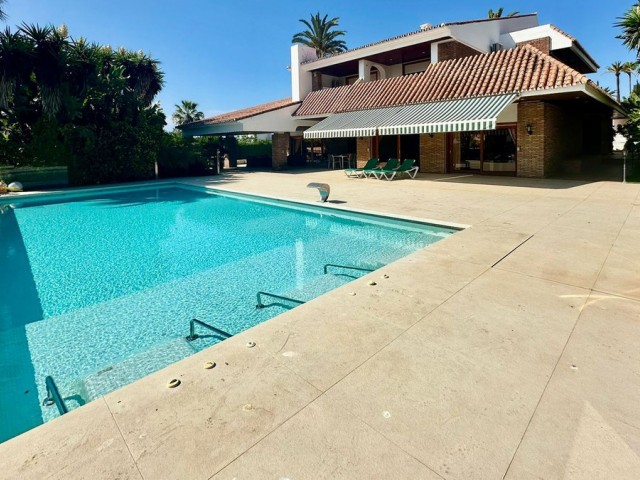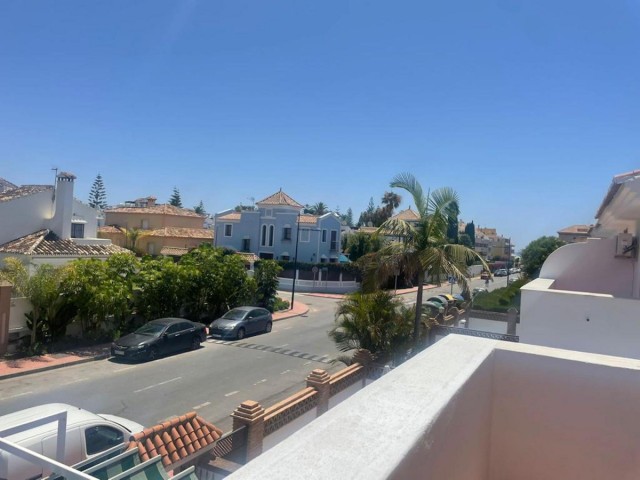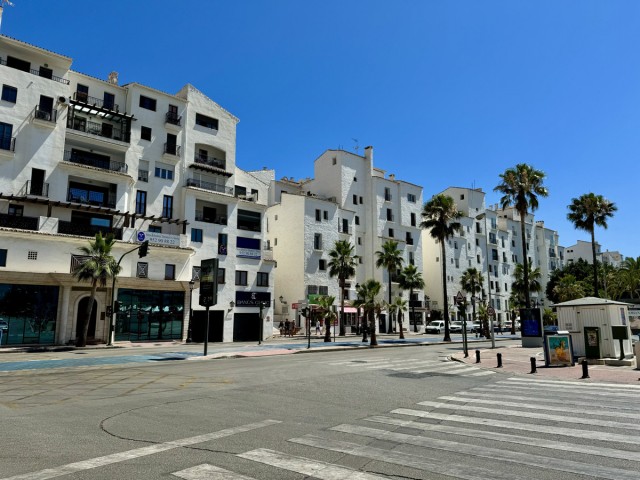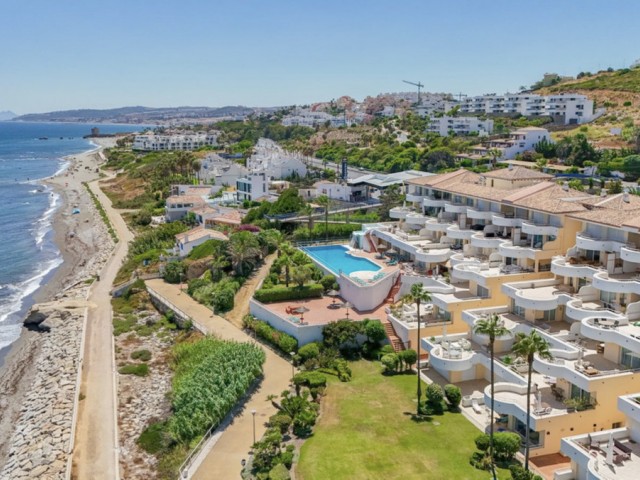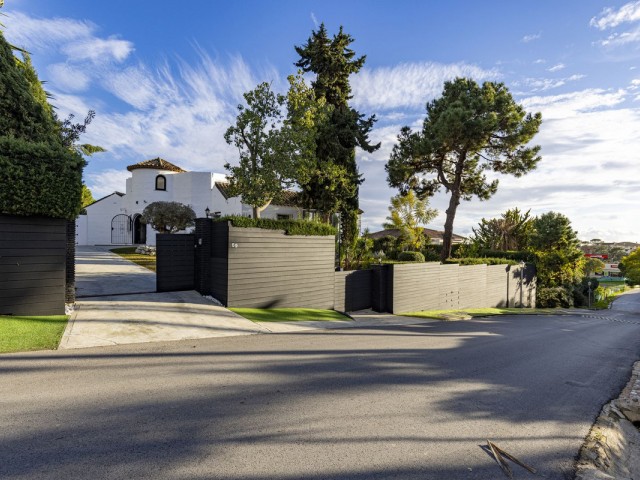Spanish Property Ownership Transfer - What You Need to Know
Introduction to Spanish Property Ownership Transfer
Transferring property ownership in Spain is a detailed process that requires a thorough understanding of local laws and regulations. Whether you're buying, selling, or inheriting property, knowing the steps involved can save you time and prevent legal complications. This guide provides a comprehensive overview of the property ownership transfer process in Spain, highlighting its importance and key aspects to consider.
Legal Framework and Requirements
The transfer of property ownership in Spain is governed by a robust legal framework designed to protect both buyers and sellers. The Spanish Civil Code and various regional regulations outline the requirements for a valid property transfer. The fundamental documents needed include the property deed (escritura), land registry certificate (nota simple), and proof of payment of relevant taxes.
Before initiating the transfer, it is essential to ensure that the property is free of encumbrances such as mortgages, liens, or debts. This can be verified through a thorough review of the land registry certificate. Additionally, both parties must present identification documents, with foreign buyers needing a NIE (Número de Identificación de Extranjero), a tax identification number for foreigners.
Steps Involved in the Transfer Process
Transferring property ownership in Spain involves several key steps:
- Preliminary Agreement: Often, the process begins with a reservation contract or an earnest money agreement (arras). This initial agreement outlines the basic terms of the sale and usually includes a deposit to secure the property.
- Due Diligence: The buyer's solicitor will conduct due diligence, including a review of the property's legal status, checking for debts, and ensuring there are no legal impediments to the sale.
- Drafting the Sales Contract: Once due diligence is complete, a formal purchase contract (contrato de compraventa) is drafted. This contract details the terms of the sale, including the purchase price, payment schedule, and any conditions that must be met before the transfer.
- Notary Appointment: Both parties must attend an appointment with a notary public. The notary ensures that all legal requirements are met and that the contract is correctly executed. The deed is signed in the notary's presence, officially transferring ownership.
- Payment of Taxes and Fees: Following the notary appointment, the buyer is responsible for paying any applicable taxes and fees, such as the Property Transfer Tax (Impuesto de Transmisiones Patrimoniales) or VAT (IVA) for new properties.
- Registration: The final step is registering the new ownership with the Land Registry (Registro de la Propiedad). This process legally formalises the transfer and updates the official records.
Role of Notaries and Registrars
Notaries and registrars play crucial roles in the property transfer process in Spain. Notaries are public officials who authenticate and certify the transaction. They ensure that all documents are in order, verify the identities of the parties involved, and oversee the signing of the deed. Their role is to guarantee the legality of the transaction and protect the interests of both parties.
Registrars, on the other hand, are responsible for maintaining the Land Registry. Once the notarial deed is signed, it must be presented to the Land Registry to update the property's ownership records. The registrar reviews the documents to ensure compliance with legal requirements before recording the change in ownership. This step is essential to formalise the transfer and protect the buyer's legal rights to the property.
Costs and Taxes Associated with Property Transfer
Transferring property ownership in Spain involves several costs and taxes. Understanding these financial obligations is crucial for both buyers and sellers. Key expenses include:
- Notary Fees: The cost of notarial services varies depending on the property's value and complexity of the transaction. Notary fees are regulated and typically range from 0.1% to 0.5% of the property's value.
- Property Transfer Tax (ITP): For second-hand properties, the buyer must pay the Property Transfer Tax, which ranges from 6% to 10% of the purchase price, depending on the region.
- Value Added Tax (IVA): For new properties, buyers pay VAT at a rate of 10% of the purchase price, plus an additional 1.5% for stamp duty.
- Land Registry Fees: Registering the new ownership with the Land Registry incurs fees that vary but are generally between 0.1% and 0.3% of the property's value.
- Solicitor Fees: Legal fees for solicitors can range from 1% to 2% of the purchase price. These professionals provide essential services, including due diligence and contract drafting.
- Capital Gains Tax: Sellers are responsible for paying capital gains tax on any profit made from the sale. The rate depends on the seller's residency status and the amount of profit earned.
Common Challenges and How to Overcome Them
Transferring property ownership in Spain can present several challenges. Common obstacles include:
- Legal Discrepancies: Issues such as unregistered properties or discrepancies in property boundaries can complicate the transfer process. Conducting thorough due diligence and seeking legal advice can help identify and resolve these issues early on.
- Tax Obligations: Navigating the various taxes and ensuring timely payment can be challenging. Engaging a knowledgeable solicitor or tax advisor can help manage these obligations effectively.
- Language Barriers: For foreign buyers, language barriers can pose significant challenges. Hiring bilingual legal professionals and translators can facilitate communication and ensure a clear understanding of the process.
- Documentation Errors: Incomplete or incorrect documentation can delay the transfer. Ensuring all required documents are accurate and up-to-date before the notary appointment is crucial.
Special Considerations for Foreign Buyers
Foreign buyers face additional considerations when purchasing property in Spain. These include:
- Obtaining a NIE: A NIE (Número de Identificación de Extranjero) is essential for any property transaction in Spain. This tax identification number can be obtained through Spanish consulates or local police stations.
- Currency Exchange: Managing currency exchange can affect the overall cost of the purchase. Using a reputable foreign exchange service can help secure favourable rates and reduce costs.
- Financing: Securing a mortgage in Spain as a foreigner may require additional documentation and proof of income. It is advisable to consult with banks or financial advisors experienced in dealing with international clients.
- Legal Representation: Hiring a solicitor who specialises in assisting foreign buyers can ensure compliance with local laws and protect your interests throughout the process.
Conclusion and Final Tips
Transferring property ownership in Spain involves navigating a complex legal landscape, but understanding the process can significantly ease the experience. Key steps include conducting thorough due diligence, ensuring all legal requirements are met, and engaging professional assistance when needed. By being aware of the associated costs and potential challenges, both buyers and sellers can prepare effectively and complete the transfer smoothly.
For foreign buyers, additional considerations such as obtaining a NIE and managing currency exchange are crucial. Employing the services of experienced legal and financial professionals can provide valuable support and ensure a successful transaction. With careful planning and attention to detail, transferring property ownership in Spain can be a straightforward and rewarding experience.


